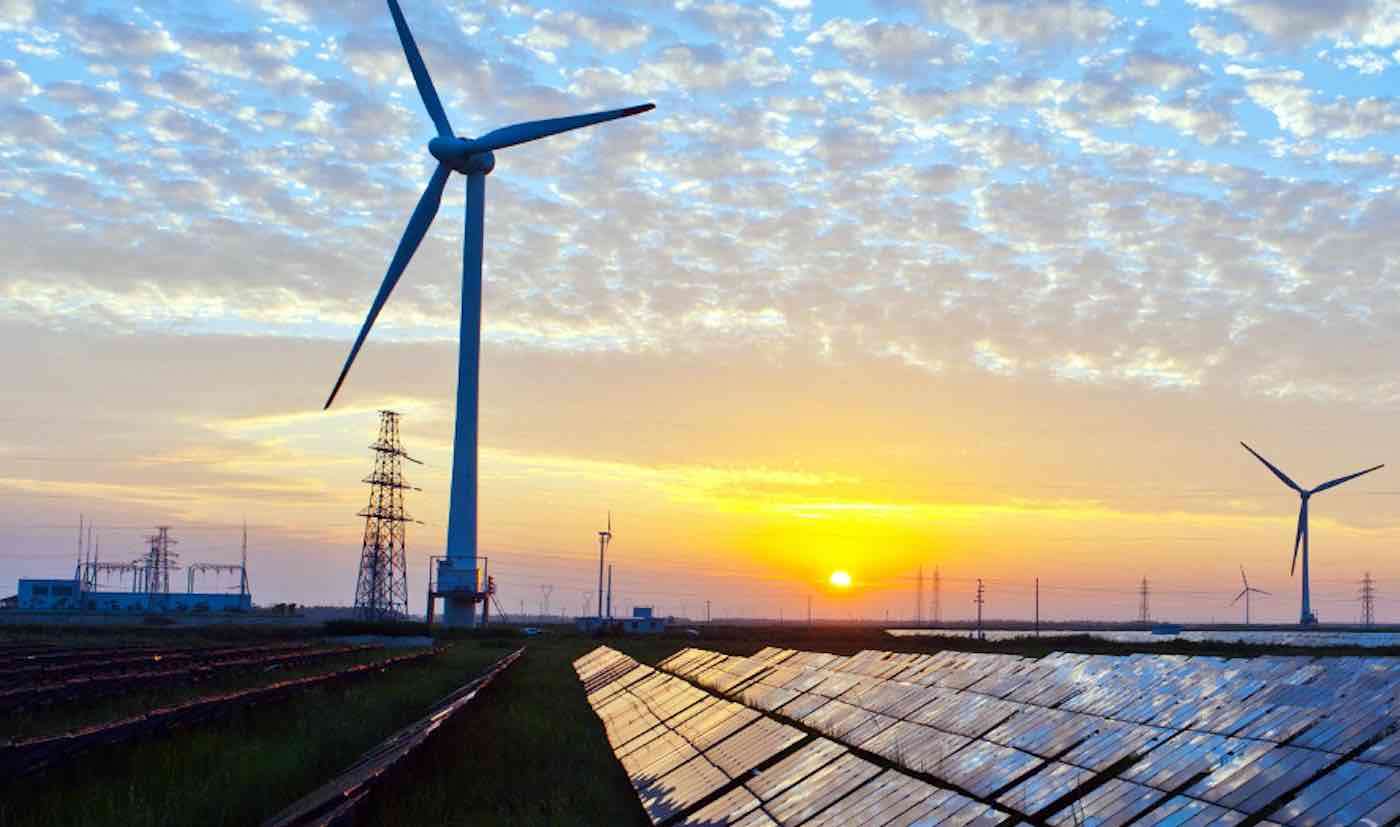Renewable Energy Now Accounts for One-Third of Global Power Capacity, Says New Report
This exciting new international report says that all around the globe countries are shifting faster and faster towards sustainable renewable energy.

A Finnish university has published a comprehensive global road map on how the world can reduce its carbon emissions before the 2050 deadline - and the research says that it is quite feasible.
The report breaks down exactly how the world's different regions can transition to 100% renewable energy as a means of preventing the more catastrophic outcomes of irreversible climate change.
The study is the first of its kind to outline a cost-effective international strategy to keep the planet's carbon emissions at 1.5 degrees Celsius. Not only that, it is the first study of its kind to suggest a global strategy that does not involve carbon-capture technology.
The report, which is being called the "Global Energy System based on 100% Renewable Energy - Power, Heat, Transport and Desalination Sectors", was conducted by the Lappeenranta University of Technology (LUT) and the Energy Watch Group (EWG) from Germany.
Over the course of the last four years, the 14-person research team have developed a global simulation of consumption and energy production based on an hourly scale in 5-year phases from 2015 to 2050.
As of right now, one-third of the world's energy is renewable. With population growth and energy demand in mind, the researchers say that we could meet the Paris Agreement's carbon mitigation goals by generating 69% of the world's energy from solar panels, 18% from wind power, 3% from hydropower and 6% from bioenergy.
Additionally, all the energy transitions could be paid for simply by giving up on fossil fuels entirely.
"A full energy transition to 100% renewable energy is not only feasible, but also cheaper than the current global energy system," says Hans-Josef Fell, one of the researchers involved with the report
"The outlined global transition pathway stands out as the first to present a 1.5°C scenario that is technology-rich, multi-sectoral, multi-regional and cost-optimal," he added. "Notably, it achieves a cost decline without the reliance on high-risk technologies such as nuclear power and carbon capture and sequestration (CCS)."
The researchers dedicated the report to 16-year-old climate activist Greta Thunberg, who has been nominated for the Nobel Peace Prize in recognition for her youth-led Fridays for Future environmental protests.
"Existing renewable energy potential and technologies, including storage, is capable of generating a secure energy supply at every hour throughout the year," says the researchers. "The sustainable energy system is more efficient and cost-effective than the existing system, which is based primarily on fossil fuels and nuclear.
"A global renewable transition is the only sustainable option for the energy sector, and is compatible with the internationally adopted Paris Agreement," they added. "The energy transition is not a question of technical feasibility or economic viability, but one of political will."
Power Up With Positivity By Sharing The Good News With Your Friends On Social Media…
Be the first to comment